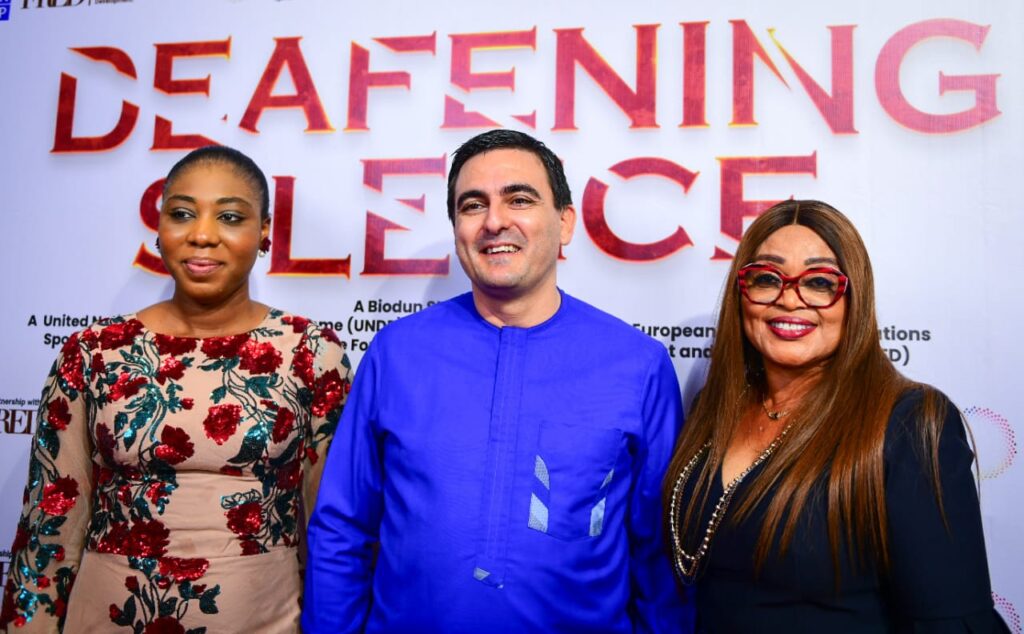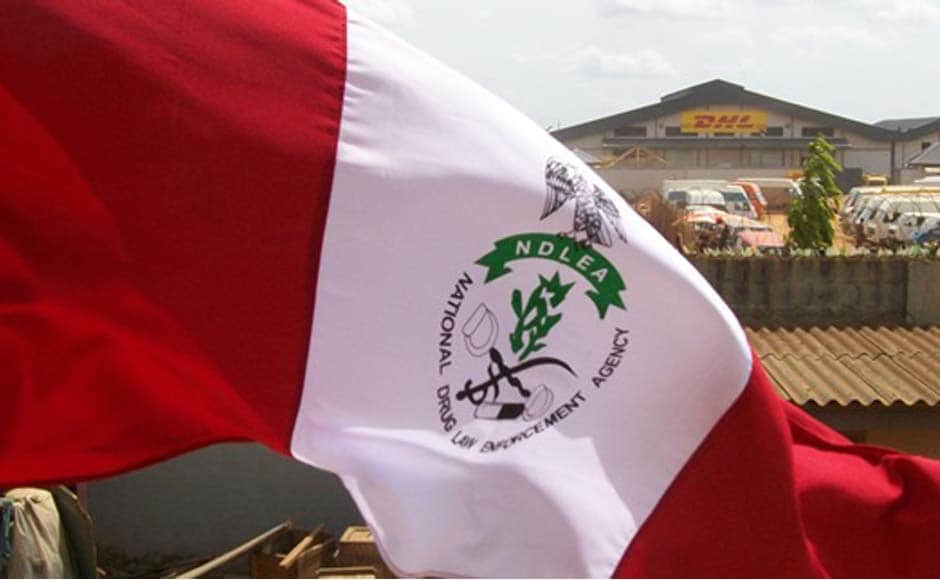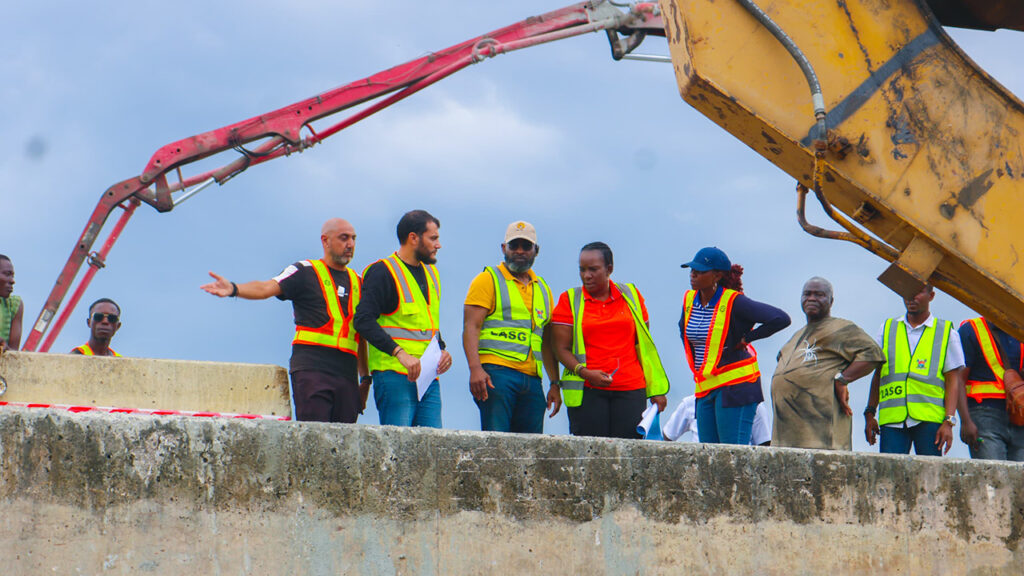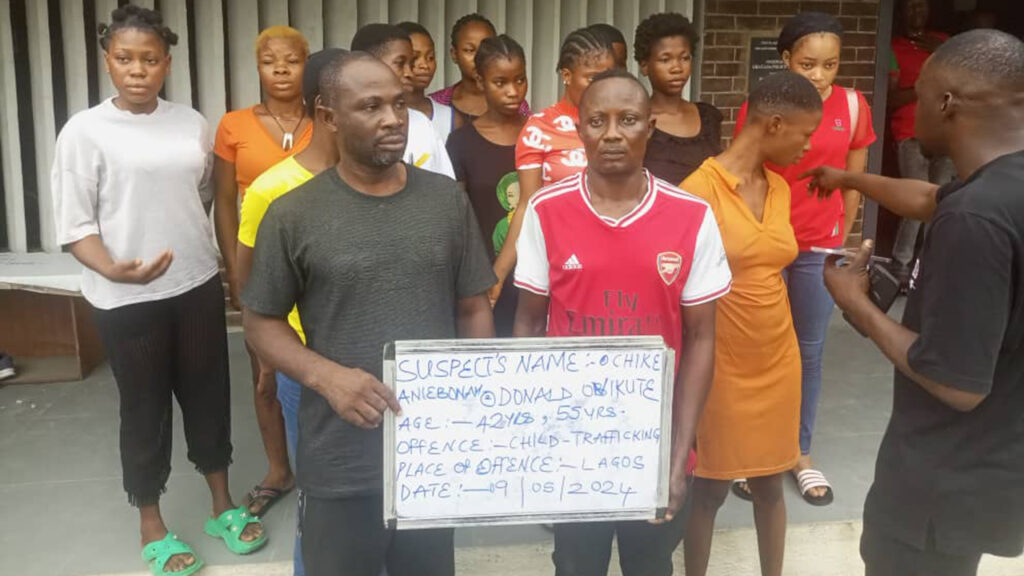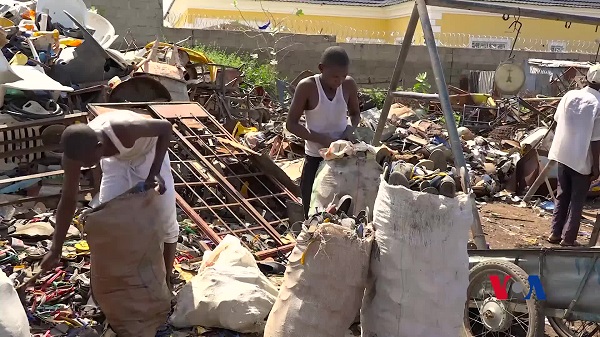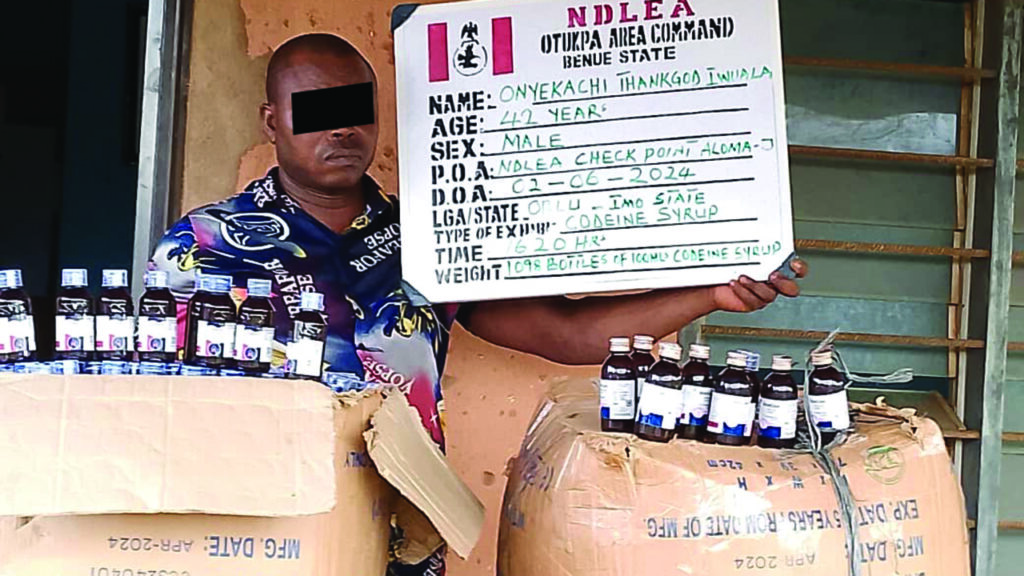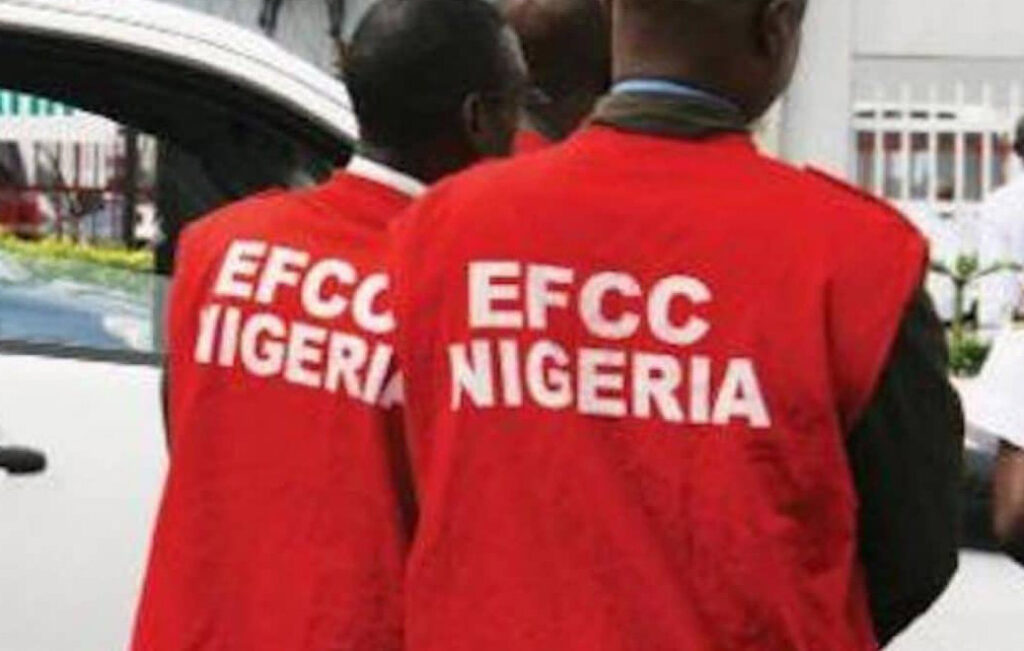
The European Union (EU) has called for stiffer punishment for perpetrators of Gender-Based Violence (GBV) in Nigeria.This was disclosed by Ruben Alba Aguilera, Head of Cooperation and Team Leader/Head of Section (Democracy, Governance and Migration), European Union Delegation to Nigeria and ECOWAS.
Aguilera made the call at EbonyLife Place, Victoria Island, Lagos during the premiere of Deafening Silence, a movie on GBV. The movie, produced in collaboration with the United Nations Development Programme (UNDP), showcases the endemic nature of GBV in Nigeria.
A report by the United Nations Children’s Fund (UNICEF) states that one in three women experience physical, sexual or intimate-partner violence; are victims of trafficking, or are subject to violent social norms.
It was revealed that culture and religion contribute to GBV in Nigeria. Aguilera said the aim of the movie was to raise awareness that permeates every corner of Nigeria, break silence, open a debate about the effects of GBV, and bring solutions.
He said the movie was part of a wider initiative for which more than N1 billion was mobilised. He said: “This is about raising awareness, breaking the culture of silence, and making sure that people are aware that violence exists in our society, and that we all have to play our role to stop it. It’s not okay to accept violence against our mothers, our sisters and our daughters. We all have to fight and we all have to play our roles.”
He added: “We have invested and worked to make sure that victims of GBV have access to basic services and health services. Hence, we have 41 Sexual Assault Referral Centres across different states in Nigeria.
“These are centres where victims have access to support including legal aid if they want to speak up and take their cases to court and have access to justice.”
Speaking on his discovery while working on the project, he said: “One of the most shocking examples of violence is women who are pregnant or who are about to give birth experiencing violence, even leading to losing their babies. So this is the most extreme form of violence, from rape by family members, and what we want is to break the silence, start a debate.
Calling on the government, he said: “We cannot do it alone, the government has to play its role, we want to make sure that the government takes full ownership and also mobilise funding and resources. There should be a special court to prosecute offenders.
“Together we can be sure of minimising violence going on against women in Nigeria.
When asked on how the movie can break the culture of violence, he said: “Prevention is better than cure so, we are using the movie to break the culture of silence. With this movie, we can start a debate, about how we can challenge the social norms that exist in our society and we’re trying to show through the movie that change is possible. Now we all have to play our roles so that men and women can bring changes. We have to speak up. We are using the creative industry and Nollywood to reach out to every family, every household, so people can speak up and question why things are the way they are, in some cases to bring up debates that could bring changes.
He added: “GBV is a global problem, in Nigeria, it is a phenomenon that is underreported. So, part of the efforts is to shed light on the issue and to make sure that victims don’t feel afraid to speak up and also have access to legal means to address the problems.
On the level of impact the movie will create, he said: “This movie is part of a wider campaign and we will be showing it in cinemas. It’s also going to be a mini-TV series that will be shown on major TV channels in Nigeria
“We believe that we are planting the seed of change, that will spark debates and by watching the movie, there will be discussions at home, about the role of women in society and about the fact that violence should not be a way to deal with problems.
Reacting to the mass wedding conducted for orphans in Niger State, he said: “We are engaging traditional leaders to make them understand that by marrying off small girls, they are depriving them of getting education and preventing them from reaching their potentials.
When asked about his thoughts on when GBV will end in Nigeria, he said: “Many countries were not allowed to vote in many countries before so, we have come a long way to make sure that women are allowed to play big roles in the society. This is a long-term investment that will bring a long-lasting change. I am sure that the new generation of leaders in Nigeria will be more sensitive to gender equality.
“The government must make sure that those that commit gender-based violence are prosecuted, it will deter others so, we are working on prevention, awareness and dealing with the consequences, that those that commit the crimes face the consequences.

